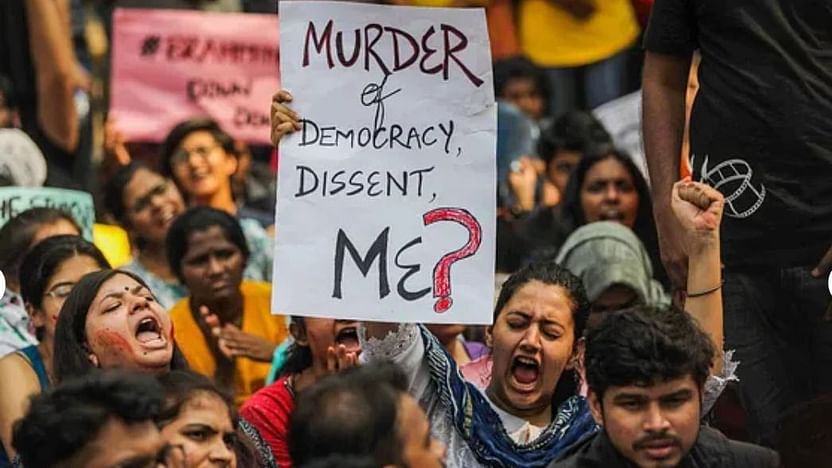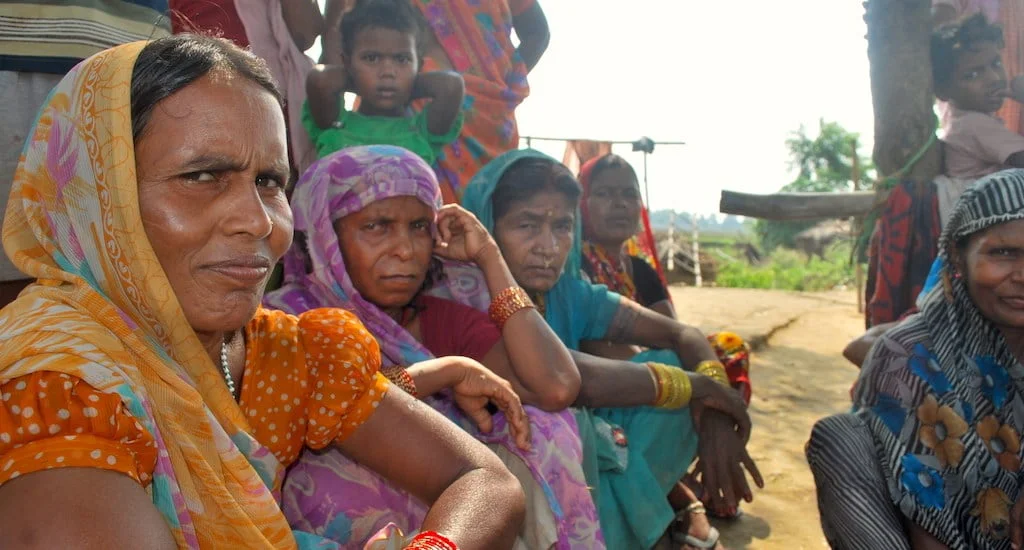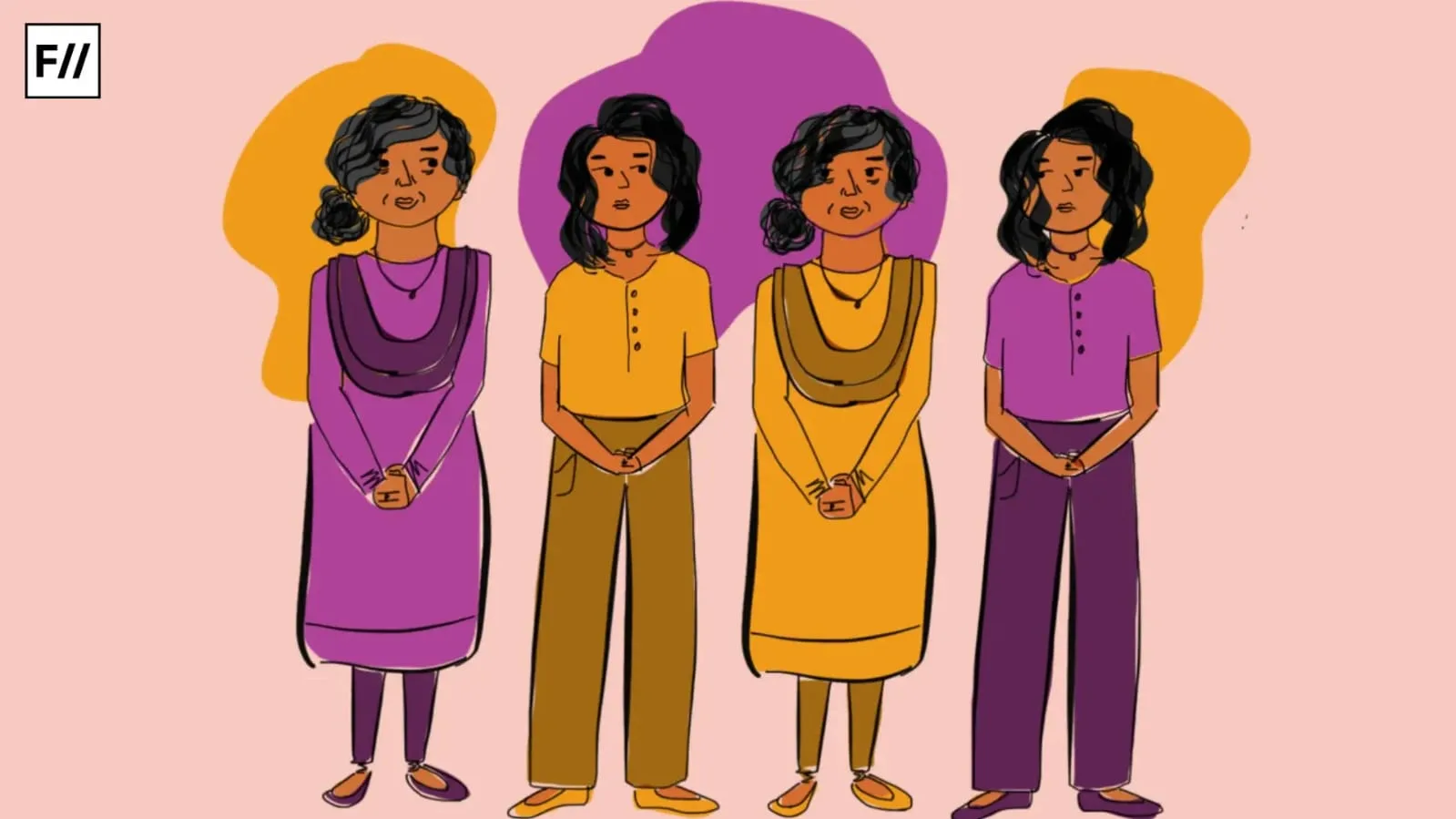“Agitation is a feeling of aggravation, annoyance or restlessness brought on by provocation — or in some cases, little to no provocation. “ ~ Healthline
Starting with this quote to make sure everyone reading henceforth, knows and understands clearly what they are feeling at the moment. And I specifically want them to know that they are not alone. At this point, every social media space looks like a provocation. With that said, we are living in the waves of agitation.
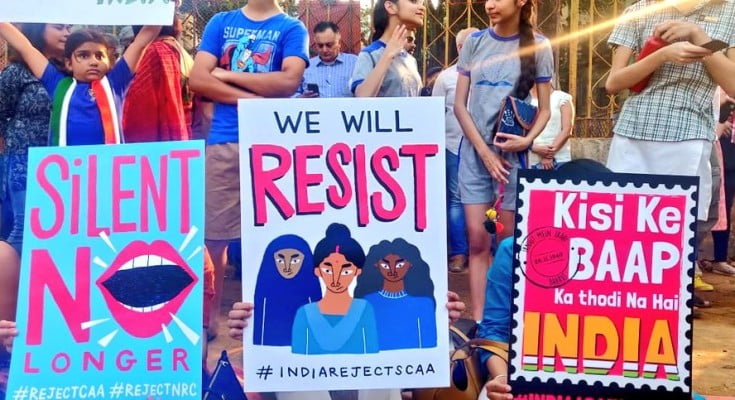
Considering that therapy is very expensive in India, and at a time where mental illness is a taboo subject, what happens to those who are spiraling in the unknown waves of countering mental illness at this moment? People being shot upfront in the protests, police beating your friends mercilessly; all of these could be triggering. There is a high chance, people would develop a certain chronic mental illness during and after this phase of unrest in our country.
Considering that therapy is very expensive in India, and at a time where mental illness is a taboo subject, what happens to those who are spiraling in the unknown waves of countering mental illness at this moment?
Silencing your voice is not how it would all go away. But what is surprising is that even now, the majority of powerful people in India have not uttered a single word for humanity and this fact only triggers more anxiety. While I write this article, I too am only losing my thought process because of multiple parallel thoughts.
Starting from poor economy to JNU attack to Kashmir, there is no chance someone can stay in good mental health if they understand and feel empathy. While we are talking about everything around us, we forget to pay attention to something more important, our mental and/or emotional health! It is very important to monitor the same at all times. Whether you are the victim of police brutality or your friend is the goon, you still do need to keep a tab on potential mental health issues that can take a toll on you because of the surrounding socio-political scenario.
Also read: Where Social Justice Meets Mental Health: How Does Caste Matter?
Identifying Agitation
Keep a check on what is triggering you. Constant check of visual images might be a trigger. Avoid Instagram for a day because it is mostly graphical. Before you add your voice to create something meaningful, you need to keep yourself right first. If you want to attend a protest but somehow you feel uncomfortable/unsafe; talk to a friend. Try figuring out what’s the change you are trying to bring here? What is the end goal? And remember that your mental health matters. If you are feeling comfortable behind the screens where you pick your battles, do it! Every voice matters in every way!
Agitation Above Normalcy
The moment you monitor your agitation, you might be able to tell when it exceeds normalcy. If and when your agitation exceeds, seek help from a trusted person, go to a therapist or call the helpline number. Do not take it lightly. Try looking out for these signs: Fatigue, Anxiousness, Constant numbness, Cold/Hot sweat, Dizziness, Breathing problem and Constant fear of conflict. Keep an eye for these signs.
Starting from poor economy to JNU attack to Kashmir, there is no chance someone can stay in good mental health if they understand and feel empathy. While we are talking about everything around us, we forget to pay attention to something more important, our mental and/or emotional health!
A Constant Fear of Conflict
The constant fear of conflict is caused by Social Anxiety, which is very likely to happen in the current scenario. You might have been a supporter of a different viewpoint earlier based on which you made a set of friends. Now, after some time your viewpoint, as well as the political stand, has changed. But you are unable to talk about that or make your view public because you have a fear of conflict.
Often in this kind of scenario, people’s opinions get faded out. Because they can’t say ‘No’ or are afraid of causing a problem. For countering these kinds of symptoms, practice saying ‘No’. Start by saying ‘No’ to small things like: Tell your boyfriend/girlfriend, you can’t go for a date because you are busy doing something else. Or ask a salesperson to put you on a DND list. This could be one of the possible suggestions. Go to your nearest mental health expert for help.
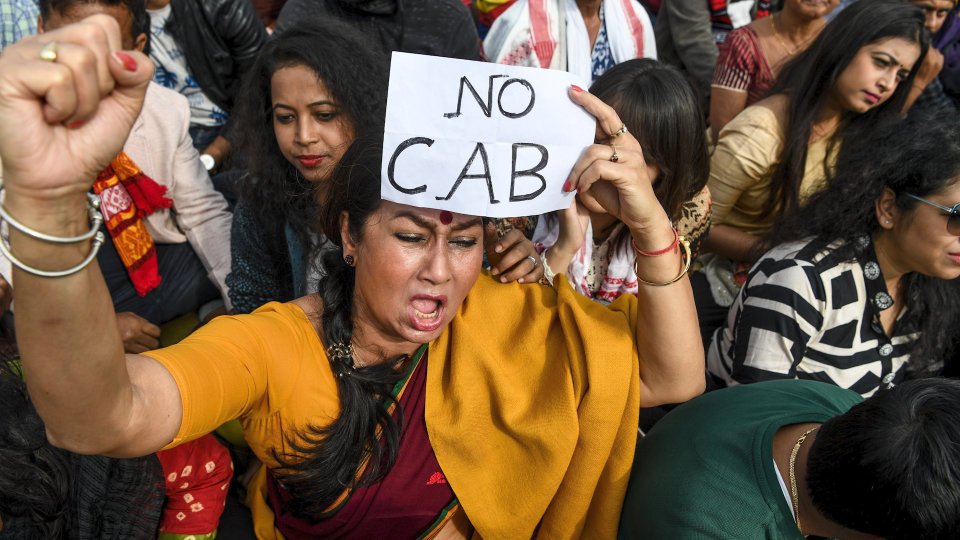
Post-Traumatic Stress Disorder
Post-traumatic stress disorder (PTSD) is a mental health condition that’s triggered by a terrifying event — either experiencing it or witnessing it. Symptoms may include flashbacks, nightmares and severe anxiety, as well as uncontrollable thoughts about the event. PTSD is very common among the army returning from wars or crime victims. Thousands of people might fall victim to this illness, at the moment. Look out for the signs after any violent incident and seek help immediately.
“The cause of the unrest in India is well known and can be briefly stated. It is due, on the one hand, to the growing demand of or greater power and influence in the control and management of their affairs among the educated classes of the Indian community, and, on the other, to the systematic rejection of that demand by those who are responsible for the government of the country. The situation is a critical one, but there is nothing in it that need cause surprise.”
-Cotton, H. (1909). The Unrest in India. The North American Review, 190(646), 392-401.
Also read: Mental Health In The Time Of Social And Political Unrest
The above lines by Cotton were stated during our independence struggle. But it is still so relevant in the current political context. This situation, where India stands today is a critical one but not one of the surprises. We saw it coming one day or the other.
Occasional author, unrewarded poet, part-time writer and a full-time rebel, Sairindhri is the author of ‘The Bitch Of Varanasi’, which is a beautifully woven narrative strongly demystifying the contemporary illusions of female sexuality and conventional social structures of daily life.
Featured Image Source: Quint
